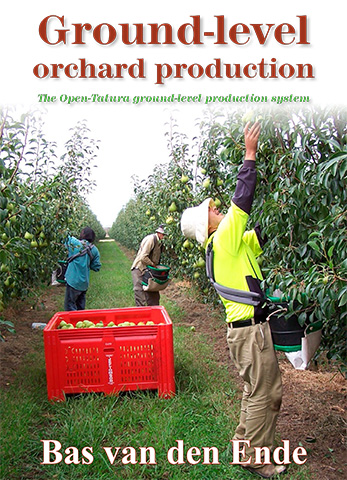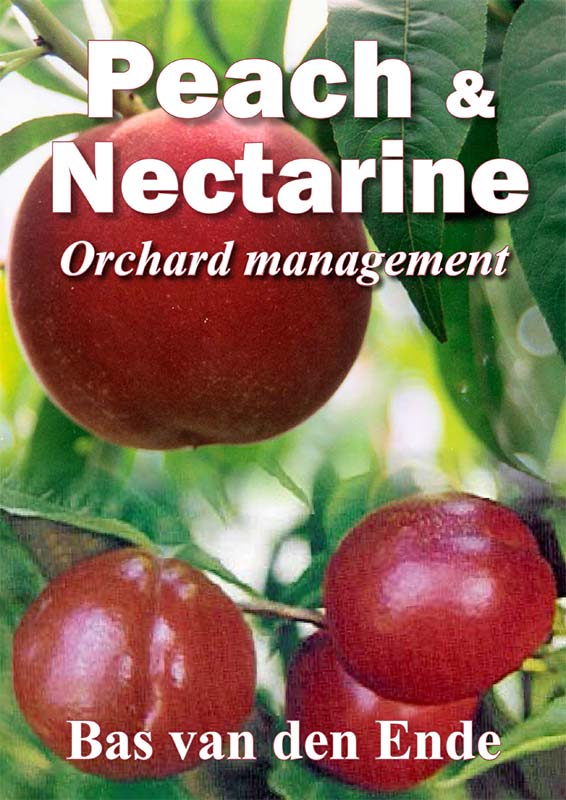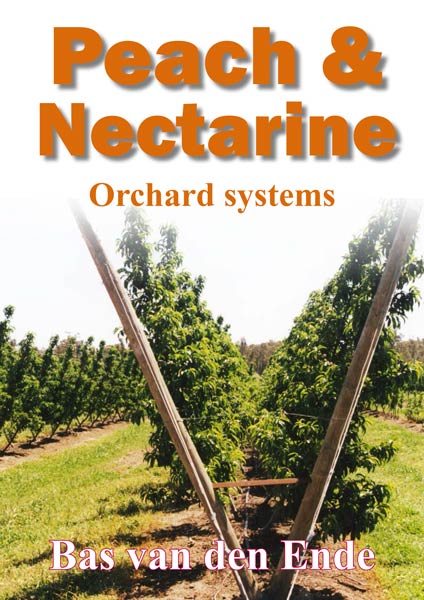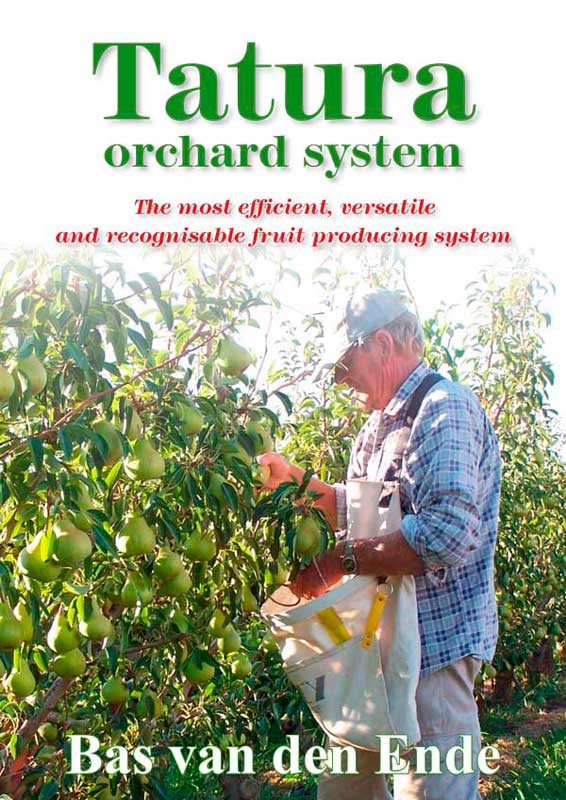The legal relationship
Although rarely described at the time each transaction is made, a legal contract exists between a supplier and a customer when goods, materials or services are bought on credit.
One party, the supplier, must sell things which are ‘fit for purpose’—that is, they must perform the job which a reasonable customer would expect them to perform. Service providers must solve problems, not cause them.
In turn the customer is agreeing to pay for the goods or services within a specified time, as usually stated on an invoice.
If goods are ‘not fit for purpose’, or services do not solve problems then the customer has grounds for legal action against the supplier.
The supplier has grounds to take legal action against a customer who does not pay the account on time.
Written contract
It is now not uncommon for purchases of higher-value items to be based on a written contract which is signed at the commencement of supply; for example, for fuel and chemicals.
Such a contract usually sets out all the legal issues from the supplier’s perspective.
Some suppliers also use ‘Romalpa’ clauses. Such a clause states, on each invoice, that ownership of the goods supplied does not pass to the customer until the invoice is paid.
More recent developments of this principle can result in the retention of ownership of a good even if it is incorporated into another product.
For example, the supply of chemicals which are incorporated into fruit—in certain circumstances that fruit might be legally seized if an account is not paid.
Directors’ guarantees
During recent years there has also been greater insistence on the use of directors’ guarantees in relation to some high-value goods.
Proprietary limited companies are formed precisely to protect the owners from having to liquidate their personal property if they are sued.
The use of directors’ guarantees has the objective of overriding this principle by making directors (usually the business owners) personally responsible.
At face value, this is a flagrant way of getting around corporation law. One answer is to refuse to sign directors’ guarantees. The supplier may or may not accept this, so the next step is to walk away from the deal.
However, this may not always be possible. For example, all fuel companies may use a similar approach or, because of cash flow difficulties, a grower may be limited in the number of businesses that he can trade with and has no alternative but to sign a guarantee. There may also not be many competing suppliers within a district.
Supplier relationships
Those comments bring up the matter of supplier relationships, because business works through relationships. (Continues next month)
See this article in Tree Fruit January 2015





















